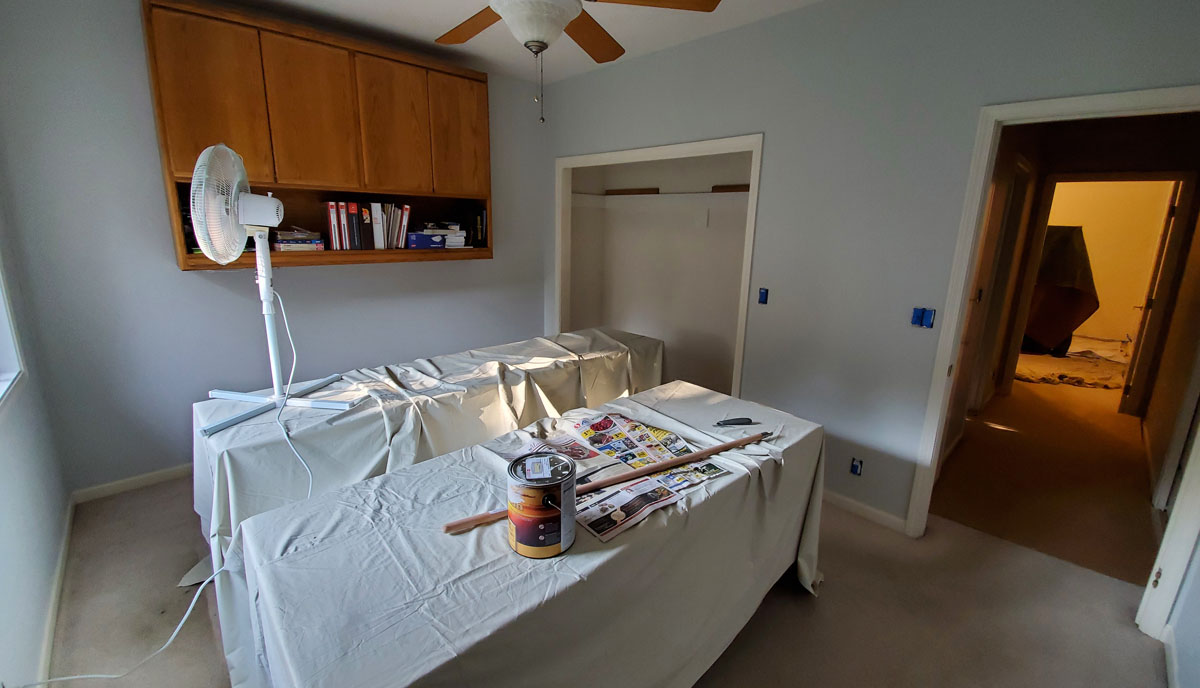There is a lot of buzz about real estate investors attaining real estate professional status (REPS). The only reason to get REPS is to be able to use your real estate depreciation losses sooner than you would otherwise. It does not generate “new” losses to write off. It only allows one to use their losses sooner.
Of course, it is better to get money sooner than later, but not if the cost to collect the money sooner is too high. You pay a high price for the privilege of collecting those losses sooner. If you do not claim REPS, you will still be able to use those same losses, but they will be spread out over a longer period.
Most physicians and busy professionals begin real estate investing in order to develop a source of long-term passive income to supplement their retirement income. I am currently living in those retirement years and my passive real estate income is more than enough to cover all my expenses. And I only spend a couple of hours a year overseeing my real estate investments.
If long term passive income is why you began investing in real estate, then the extra burden of attaining and maintaining REPS is simply not worth the extra time and effort it adds to your already busy life.
What is Real Estate Professional Status?
In order to be a real estate professional in the eyes of the IRS you must meet the following two qualifications:
1: More than half of your working hours need to be performed in your real estate business.
2: You must work more than 750 hours during the tax year on your real estate business.
It is a bit more complex than these two qualifications but that is the gist of what is required. If you are a full-time physician, and wish to remain so, you will not be able to meet the requirements. In fact, if both you and your spouse already work full time and neither one of you is willing to cut back to half-time or less, then don’t bother reading anymore as you will not qualify to get REPS.
What most full-time physicians do is utilize a spouse that is either not working, or not working many hours. If a spouse fulfills the requirements to get REPS, then you can take advantage of the accelerated tax deductions REPS creates.
When one spouse has REPS then your real estate investment income and losses change from passive to active. As an active participant, any real estate losses can be used to offset other active income, such as what you earn as a physician.
The big problem: Time
I wrote my book The Doctors Guide to Real Estate Investing for Busy Professionals and built the online course The Doctors Course to Automating Your Real Estate Investments to combat the notion that it takes a lot of time to own investment real estate. This misconceived notion that owning real estate is a huge time commitment is often the main reason physicians shy away from directly investing in real estate. They simply don’t want to add more working hours to their already full week.
Full time physicians should strive to minimize the amount of time and effort used to own investment real estate, not maximize it. Instead of pushing the envelope to put in 750 hours a year (16 hours a week), which amounts to a second part-time job, physicians should be searching for ways to work less than a couple of hours a year on their real estate investment.
You already have a good job with great pay. You don’t need to create a second job for the purpose of lowering taxes.
Before I retired, I managed our 64 rental units as a full-time surgeon and my wife helped as needed. We chose to automate everything, and it took about 10 hours a month to manage them. I couldn’t imagine wanting to push that to more than 60 hours a month just to get our deductions sooner.
Your spouse may not be interested
Many physicians who ask me about REPS during a coaching session want their spouse to run the real estate business while they continue working as a physician. The first question I always ask them is “does your spouse truly want to have the 16 hour a week job of running your real estate investment so you can attain REPS?” Almost always the answer is NO. The physician is trying to convince their spouse to take on this job and wants my help convincing them. It is only rarely that I find a couple who is a good fit for REPS.
If the spouse is not interested, don’t push them! Not everyone wants to be involved in the day-to-day management of real estate. No spouse wants to be pushed into doing a job that will produce a little more income in the form of tax deductions when they already have a great household income.
If REPS was your spouse’s idea, then you might consider moving ahead to getting REPS. If you must convince your spouse that REPS is a good idea, stop now and save yourself a lot of grief.
If your spouse is a stay-at-home parent, they chose to not have a job for a reason. They already have plenty on their plate with running the household and helping the kids while you are working. To put in the time to get and maintain REPS, they will have to give up something they are currently doing.
If you already have a good income, don’t take on a second job just for the money. Since you don’t need the money, spend your time with your family instead of a second job. Automate your real estate investing and create passive income with minimal time expended instead of maximal time expended.
To be fair on this issue, there are a few families who will benefit from having REPS. If one spouse really enjoys working with real estate, wants the job, and is willing to put in extra hours away from the family in order to use the tax write offs sooner, then you might be in the right situation to attain REPS.
You will use up your deductions early
One of the greatest advantages (there are many others) of earning passive real estate income is the tax advantages. If you have REPS, you will use the tax deductions up front and won’t have them later. Now that I am retired and living off my real estate cashflow, it is very handy that half of my cashflow is sheltered by my deductions. If we had REPS while I was in practice, we would not have these tax deductions now.
With fewer taxes during my retirement years, we needed a lower annual income to attain the same lifestyle. Using the tax deductions early will not only fritter away family time, while the kids are still living at home, but we would have needed more cashflow to reach financial independence.
Having REPS does not generate any new or different tax write offs, it simply lets you use them earlier. But you might need them later. In order to keep getting accelerated deductions, you will be under pressure to continue to buy more property and put in those extra hours. At that point, you will be putting in hours to earn money you don’t need. Working extra for money you don’t need rarely a good deal.
There is not as much to gain as you might think
The income from your real estate will come in whether you have REPS or not. The economic advantages you get with REPS are the hours you work that substitute for paying someone else to do the job, and the accelerated tax write off. Most choose this path for the tax write off.
If your real estate generated $100,000 of accelerated depreciation this year because of your REPS, that means you can take an additional tax deduction of the entire $100,000. A portion of that deduction you would have received as the real estate owner without having REPS and the rest came because of your REPS. Without REPS you would carry forward any unused deductions to a future tax year. With REPS you get the deduction this year.
If your tax rate is 35%, then the effort to attain REPS would earn $35,000 in lower taxes. A portion of which you would have received anyway as the real estate owner. Some additional money would be saved by doing repairs yourself.
At a physician’s income level, is your non-working spouse really interested in doing the work to raise your family income from $300,000 to $335,000? Or from $600,000 to $635,000?
There is a small benefit financially in accelerating the deductions you were going to get anyway. But is that benefit worth having a spouse work at a job they don’t want, to earn extra income you don’t need? If you are a happy physician who is not looking to retire soon, do you really want to put in a bunch of extra hours to get REPS? Do you want to cut back on your current job to become a real estate professional?
These are important questions to ask. For my wife and I, we invested in real estate to create passive retirement income. We did not want to put extra hours into the investment. We were looking for our real estate to be passive income (investment), not active income (job).
Before you consider tackling the task of qualifying for REPS, ask yourself about your end point. Why are you buying real estate? What do you wish to accomplish? Do you want to maximize your free time or maximize the hours you put into your investment.
For my wife and me, we did not find attaining REPS worth the effort. I suspect most physicians won’t. Spend your precious time doing things you love, not things to make extra money when you are already in the top 5% of wage earners in the United States.






I agree with this article 100%. Most physicians enjoy practicing medicine. They just don’t want to do it ALL the time. Real estate makes this possible, as it creates another revenue stream, so they don’t have to work as hard. Nobody needs REPS to do this. Some people that pursue REPS just let the taxes dictate their portfolio. They end up buying more property, for the wrong reasons. Not to mention they are unable to use deductions later, risking a higher tax burden. unless they buy more property.
Thank you for echoing so articulately, my position on the subject. I never pursued REPS, I am financially independent due to real estate, but still practice medicine. I don’t work full time anymore and I have plenty of time for leisure activities and family.